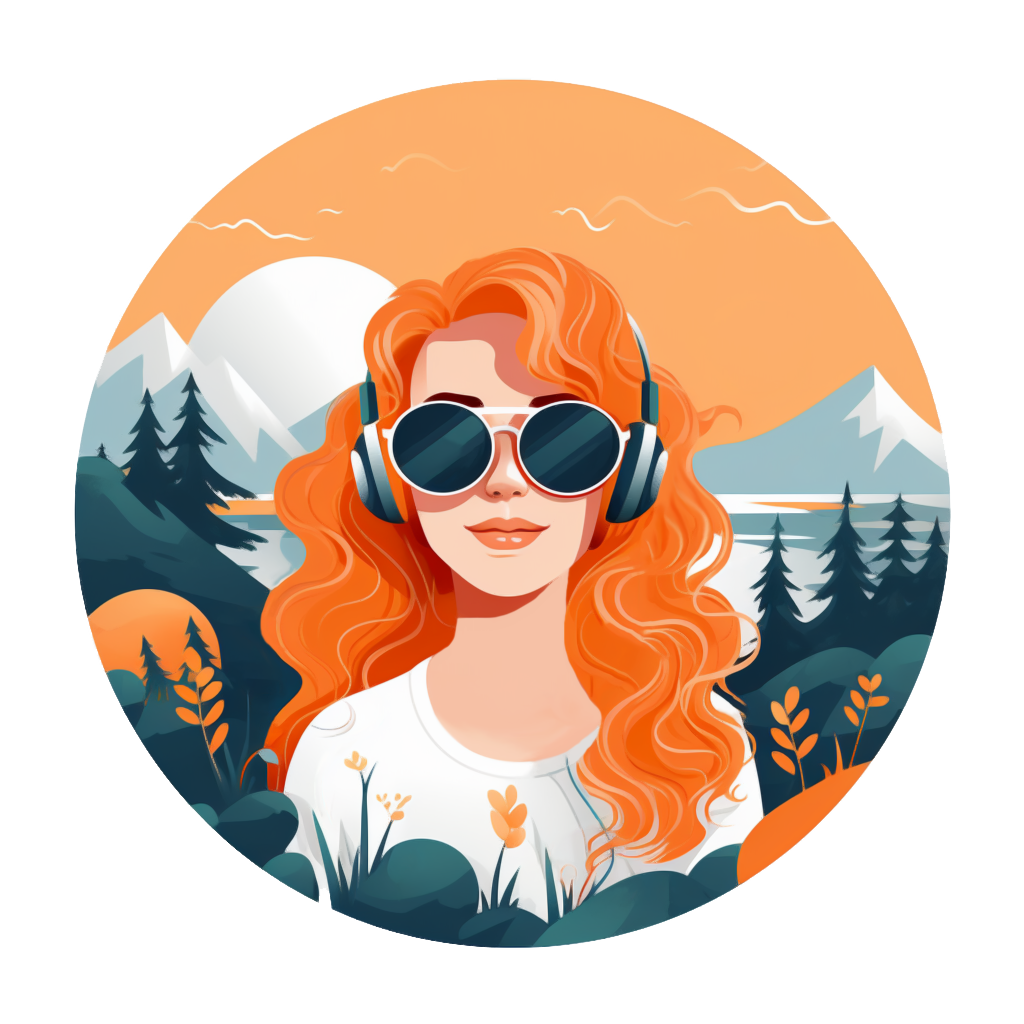Tips for people living with Sensory Processing Disorder (SPD)

Being in public can be particularly challenging for people with Sensory Processing Disorder (SPD). Each individual's experience with SPD can vary greatly, with some being more sensitive to certain types of sensory inputs than others. Understanding and support from the community, family, and friends, can significantly help in making public outings more manageable for individuals with SPD. Preparing for and planning outings carefully can also help. Here are some strategies and tips to try:
1) Wear comfortable clothing: Do not wear anything you've never worn before. Instead, wear something you know fits well and is cozy. Wear fabrics whose textures you like. When I go out I don't worry about fashion, or what people may think. I try to be as comfortable as I can possibly be because I know I am about to go into an uncomfortable environment. I try and stack the odds in my favor. Depending on the length of the outing, I also recommend layering and taking a bag with you. The bag is for carrying any layers you may want to add or remove so you can keep your hands free. Wear shoes that fit you well and are worn in. I tend to trip and bump into things when I get overwhelmed so if I go to the city I prefer to wear flat, ankle boots. Not only do I feel more secure, it is a lot safer for my toes and ankles.
2) Wear Sunglasses: I use a glasses chain so that the glasses are always right there when I need them. I am very sensitive to bright lights, especially fluorescent lights. For me, they quickly cause severe headaches. I have found that blue-light filtering glasses help tremendously. I have an outdoor pair and an indoor pair for lower lighting. I still have to be careful of strobing, blinking and flashing lights but for everything else the glasses help tremendously!
3) Wear Noise-Cancelling Headphones: For those who are noise-sensitive these are life-changing. I've been wearing them every day for over 15 years. They are great for work, or for going out. Some people recommend listening to something calming like nature sounds, bowl singing, or lo-fi. Personally, I often wear them listening to absolutely nothing. It helps me to concentrate better. If I can't wear them I will bring earphones or earplugs, which are a bit less conspicuous. Sometimes the volume is just way too loud in public. This helps. Be very careful when crossing streets and be spatially aware when wearing headphones though!
4) Go when it is not busy: You can look at peak-hours for most places using google maps and clicking on the store/place. If you are sensitive to crowds you can plan around those times. If you create your own schedule, consider scheduling your weekend during the week when everyone is working. Mornings are often less busy. Evenings are often the worst.
5) Plan your exit: What do you have to do? What are you willing to do? How long do you plan to be there? I personally find it much easier to cope if I know when I can leave. I can focus on that if I am struggling. Sometimes things are more than I can handle and I allow myself to just leave. Try not to be hard on yourself. Sometimes it's OK to say you will try again another day.
6) Know where you are going: Scope out the location. Know what to expect. Is there a quiet spot nearby where you can take a break and find some reprieve? How will you get there? How will you get back? Have any of the people you know been there? Can they describe it to you? Arm yourself with knowledge to avoid unexpected ugly surprises.
7) Have a safe person: Is there someone who you trust and is supportive who can come with you? Or, if not, is there someone you can call? Sometimes, even just having someone you can call and talk to can really help. It's OK to ask for help when you need it.
8) Get rest: Rest before. Give yourself ample time to get ready instead of making it a frantic rush. Rest during if you need reprieve. Find a quiet spot to calm down. Breathe. Rest afterwards. For me, going to the city is exhausting. I stopped making to-do lists and plans for the rest of the day. If I can do something after I get home, great, but if not, that's OK too. I try not to overburden myself. It's OK to rest. I also try not to plan outings back to back. I try to have a buffer of at least 1-2 days between outings to prevent burnout.
The experience of SPD is different for everyone. What works for one person may not work for another. A lot of it comes down to trial and error. Learn what your needs are. Try things out. Learn what works and what doesn't. Write things down! It's really hard to think of ideas when you're really stressed out. It's so much easier to pull up a list on a phone. Communicate your needs. Don't be afraid to ask for help!